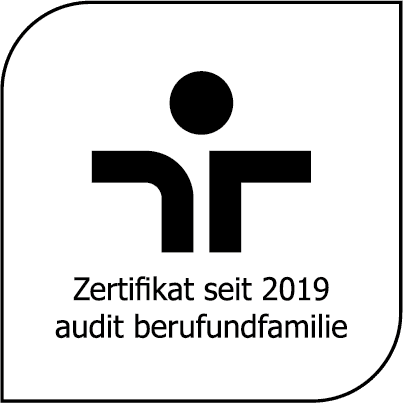Test instruments sorted
Contact person for the Open Test Archive
Gülay Karadere (Dipl.-Psych.)
Research Associate
guek@leibniz-psychology.org
URS-CED
Fragebogen zu Ursachenannahmen bei Patienten mit chronisch entzündlichen Darmerkrankungen
Short abstract
The URS-CED is used to record the assumptions for disease causes in adults suffering from Crohn's disease or ulcerative colitis. It consists of 16 items distributed on the cause scales (1) dysfunctional stress regulation, (2) interactionality, (3) lifestyle, (4) physiology and (5) fatalism. Reliability: The internal consistencies are at Cronbach's Alpha = .54-.82. The split-half reliability (Spearman-Brown) was at rtt = .64-.84 (without value for fatalism). Retestreliability after 33 months was rtt = .21-.55. Validity: The content validity can be considered as given. Concerning construct validity, comparisons were made with convergent validation measures (subjective disease theories, control beliefs on health and disease). A mean correlation of r = .39 was found. In addition, methods for disease processing (FKV) and the SIBDQ overall score for quality of life in chronic inflammatory bowel disease were used as divergent measures. This showed a mean correlation of r = .20. Thus, the detection of the internal construct can be considered as given, while that of the total construct is uncertain. Regarding the duration of the disease significant differences in the fatalism scale were found (6 vs. 15 years of disease).
Leibniz Institute for Psychology (ZPID). (2019). Open Test Archive: URS-CED. Fragebogen zu Ursachenannahmen bei Patienten mit chronisch entzündlichen Darmerkrankungen. Available at: https://www.testarchiv.eu/en/test/9005009
Citation
Drandarevski, A., Fliege, H., Rose, M. & Klapp, B. F. (2009). URS-CED. Fragebogen zu Ursachenannahmen bei Patienten mit chronisch entzündlichen Darmerkrankungen [Verfahrensdokumentation, Fragebogen und Skalenberechnung]. In Leibniz-Institut für Psychologie (ZPID) (Hrsg.), Open Test Archive. Trier: ZPID.
https://doi.org/10.23668/psycharchives.6596
Short information
Short Name URS-CED
English Name Questionnaire on Causal Attributions in Patients with Chronic Inflammatory Bowel Diseases
Authors Drandarevski, A., Fliege, H., Rose, M., Klapp, B.F.
Published in Test archive 2009
Copyright/Licence Copyright Autoren; CC-BY-NC-ND 3.0
Language versions deu
Construct Causal Attributions
Application age adult patients (18-75 years)
Item number 16 items
Subscales (1) dysfunctional stress regulation, (2) interactionality, (3) lifestyle, (4) physiology, (5) fatalism
Application Time approx. 5 min.
Interpretation time No information.
Internal consistencies: Cronbach's Alpha = .54-.82. Split-half reliability: rtt = .64-.84 (Spearman-Brown; without value for fatalism). Retestreliability: rtt = .21-.55 (interval: 33 months).
Information on content, convergent and divergent validity; connections with the duration of the disease.
None; Reference data: Means and standard deviations.
Applications Diagnostics, Therapy, Research
Older versions
Version 1: https://doi.org/10.23668/psycharchives.360
There is no abstract in English available. Short information about the measure can be found under Overview. More can be found on the German pages.
There is no review in English available. Short information about the measure can be found under Overview. More can be found on the German pages.
First published in
Drandarevski, A., Fliege, H., Rose, M. & Klapp, B. F. (2002). Fragebogen zu Ursachenannahmen bei Patienten mit chronisch entzündlichen Darmerkrankungen (URS-CED). Berlin: Humboldt-Universität zu Berlin, Charité, Medizinische Klinik mit Schwerpunkt Psychosomatik. PSYNDEX Dok.-Nr. 9005009
Feedback form
Feedback on the use of a procedure from the Open Test Archive of the Leibniz Institute for Psychology (ZPID) to the test author(s)
Contact information
PD Dr. Herbert Fliege, Psychosoziale Beratungsstelle, Gesundheitsdienst, Auswärtiges Amt, Werderscher Markt 1, D-10117 Berlin
Prof. Dr. med. Matthias Rose, Klinikdirektor, Medizinische Klinik mit Schwerpunkt Psychosomatik, Charité – Universitätsmedizin Berlin, Hauptstandort mit Hochschulambulanz und Station 34, Hindenburgdamm 30, D-12200 Berlin

 Learn more about us!
Learn more about us! 
